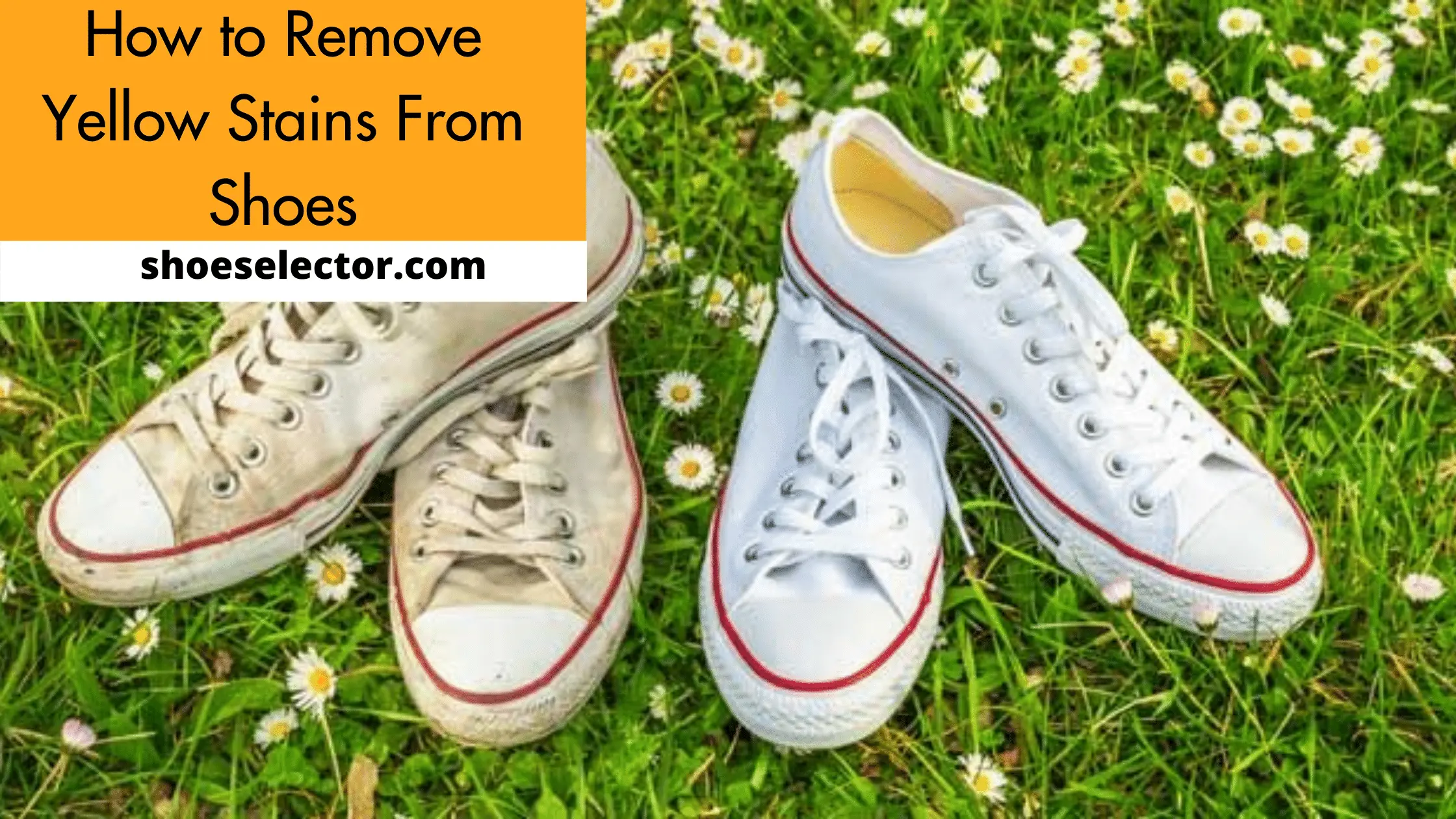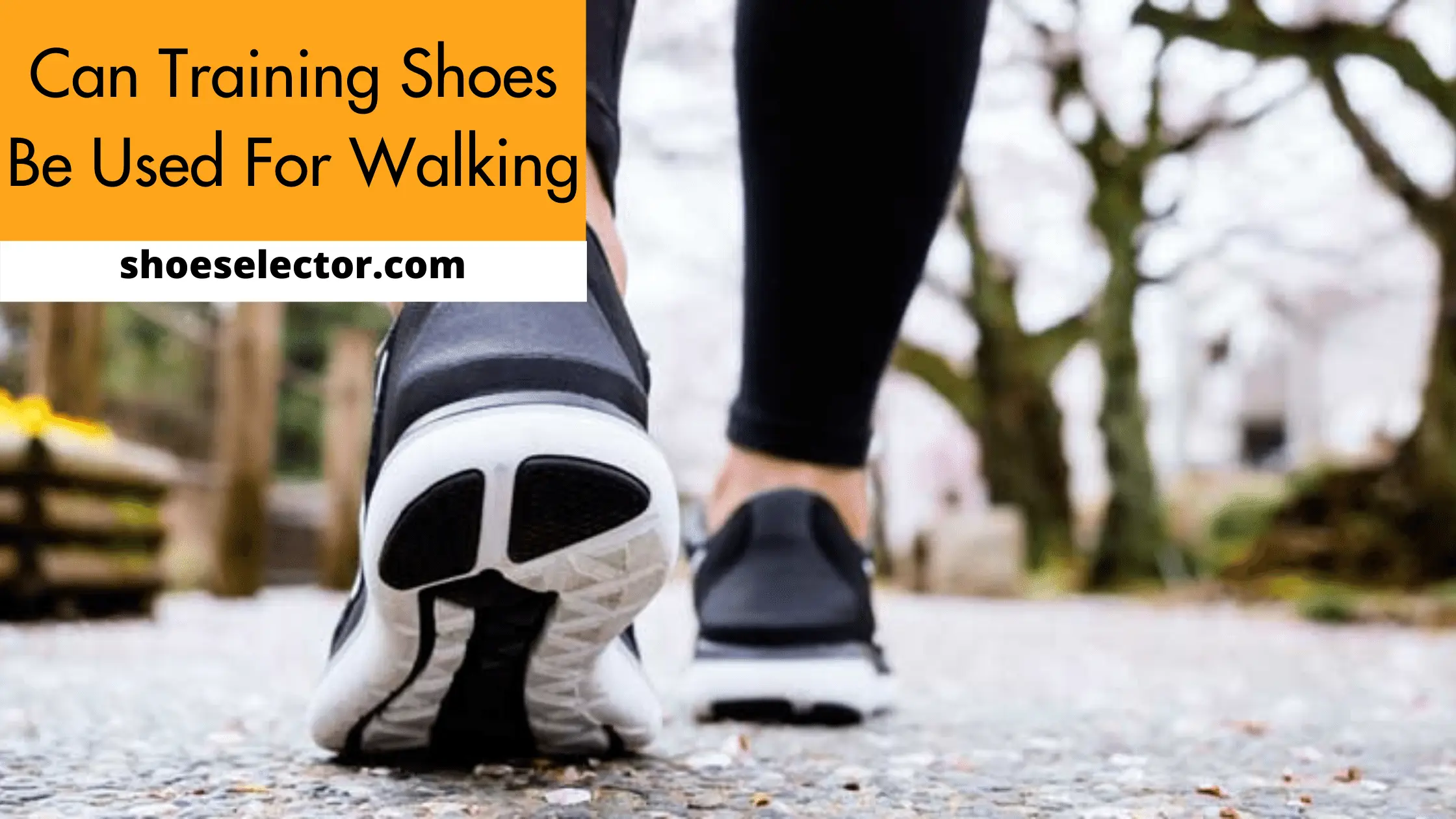Dry rot is a serious issue that can affect shoes, particularly if they are made of leather. Leather is a natural material that is breathable, so it can easily become dried out and cracked if it is not cared for properly. There are a few simple steps that you can take to help prevent dry rot from happening to your shoes. In this blog, we will discuss the reasons for shoes dry rot & avoid shoes for it. Have a look!
What Does Dry Rotting Of Shoe Mean?
Dry rot is a footwear failure caused by a breakdown in the materials of the shoe. This can include leather, thread, and even the sole. The most common cause of dry rot is moisture exposure, which causes the material to break down and crumble.
Dry rot can also be caused by direct sunlight or heat exposure, which dries out the material and makes it more susceptible to breaking down.
Why Does Shoes Dry Rot?
Shoes are made of materials that can degrade over time, especially if they’re exposed to moisture or direct sunlight. Dry rot is a type of degradation that causes the material to break down and crumble. It can make shoes uncomfortable to wear and can cause them to fall apart completely.
Reasons For Shoe Dry Rotting:
There are several reasons why shoes may dry rot. The most common reason is exposure to moisture. Shoes that are constantly exposed to wet conditions, such as rain or snow, are more likely to experience dry rot.
Another common reason is direct sunlight. Ultraviolet (UV) rays can cause materials to degrade over time, and this can lead to dry rot. Finally, shoes that are made of poor-quality materials or that aren’t well-constructed are also more likely to experience dry rot.
Ways To Prevent Shoe Dry Rotting:
There are a few things you can do to prevent your shoes from experiencing dry rot.
Clean Your Shoes Before Storing Them:
Before you store your shoes away for the season, make sure to clean them. This will remove any dirt, debris, or salt that could lead to dry rot. You can use a shoe brush to scrub away any build-up on the surface of your shoes. If your shoes are particularly dirty, you can use a mild soap and water solution to clean them. Just be sure to avoid using any harsh chemicals or cleaners, as these can damage the materials of your shoes.
Store Your Shoes In A Cool, Dry Place:
Once your shoes are clean, store them in a cool, dry place. This will help to prevent moisture from damaging the materials. If possible, store your shoes in a breathable bag or container. This will allow any moisture that does build-up to escape, and it will also help to prevent your shoes from becoming musty.
Inspect Your Shoes Regularly:
Even if you take steps to prevent dry rot, it’s still important to inspect your shoes regularly. Check for signs of deterioration, such as cracks, crumbling, or changes in color. If you notice any of these signs, take steps to clean and repair your shoes as soon as possible.
Avoid Storing Shoes In Plastic Boxes:
While it may seem like a good idea to store your shoes in plastic boxes, this can actually lead to dry rot. Plastic doesn’t allow for any air circulation, which can cause moisture to build up and damage the materials of your shoes. Instead, opt for storing your shoes in breathable bags or containers.
Repair Any Damage Promptly:
If you do notice any damage to your shoes, it’s important to repair it as soon as possible. This will help to prevent the damage from spreading and becoming worse. You can use a shoe repair kit to patch up any cracks or holes in your shoes. If the damage is more extensive, you may need to take them to a professional shoe repair shop.
Invest In Shoe Tree And Desiccant Packs:
Shoe trees and desiccant packs can help to absorb moisture and prevent it from damaging your shoes. Shoe trees are inserted into the toe of the shoe, and they help to hold the shape of the shoe while absorbing moisture. Desiccant packs are small bags that contain a drying agent, such as silica gel. These can be placed in the shoe to help absorb moisture and prevent it from damaging the materials.
Use A Waterproofing Spray:
If you live in an area with a lot of rain or snow, it’s a good idea to use a waterproofing spray on your shoes. This will help to repel water and prevent it from seeping into the materials of your shoes. Waterproofing sprays are available at most sporting goods stores.
Choose The Right Materials:
When buying new shoes, it’s important to choose materials that are less likely to dry rot. Leather and suede are two good choices, as they’re both durable and breathable. You should also avoid shoes made of plastic or synthetic materials, as these are more likely to experience dry rot.
Tips To Properly Clean Your Shoes:
Here are a few tips to keep in mind when cleaning your shoes:
- Use a shoe brush or damp cloth to remove any dirt or debris from the surface of your shoes.
- If your shoes are particularly dirty, you can use a mild soap and water solution to clean them. Just be sure to avoid using any harsh chemicals or cleaners, as these can damage the materials of your shoes.
- Once your shoes are clean, store them in a cool, dry place. This will help to prevent moisture from damaging the materials.
- If possible, store your shoes in a breathable bag or container. This will allow any moisture that does build-up to escape, and it will also help to prevent your shoes from becoming musty.
Conclusion!
Dry rot can be a serious problem for shoes, but there are a few things you can do to prevent it. Be sure to clean your shoes before storing them, and store them in a cool, dry place. Inspect your shoes regularly for signs of damage, and take steps to repair them as soon as possible. By following these tips, you can help to keep your shoes in good condition for years to come.






